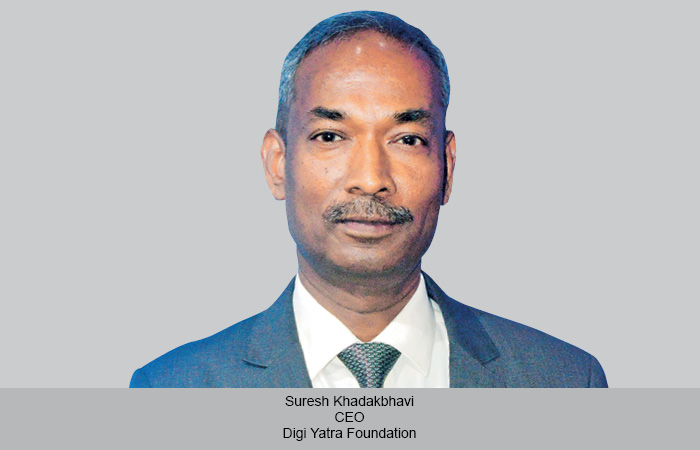The Indian hospitality industry is at a pivotal moment, influenced by shifting consumer preferences and emerging trends. While corporate travel remains a dominant force, the growing importance of weddings and leisure travel reflects broader changes in the market.
Janice Alyosius


The Indian hospitality industry is transforming on an upward swing, driven by evolving consumer preferences and emerging trends. To understand the current landscape and future prospects, we spoke with two industry experts: Mukund Karpe, Director of Sales and Marketing at Hyatt Regency Pune, and Ajay Kanojia, Cluster General Manager at Sayaji Hotels Pune. Their insights provide a comprehensive view of the industry’s present state and its potential trajectory.
Current business breakdown and shifting trends
At Hyatt Regency Pune, Karpe highlights a notable shift in the hospitality business mix. “In recent times, we have witnessed a significant shift in the hospitality industry, particularly with the surge in wedding travel,” Karpe reveals. This shift is underscored by Hyatt Regency Pune’s performance, which consistently surpasses budget projections annually. Karpe attributes this success to the growing trend of extravagant weddings that have become major events, rather than just ceremonies.
In contrast, Kanojia provides a different perspective. Currently, Sayaji Hotels’ business is predominantly driven by corporate travel, which makes up approximately 60-70% of their clientele. “Recently, we have observed a slight increase in the leisure travel segment as people are eager to explore new destinations post-pandemic,” Kanojia notes. He acknowledges that while corporate travel remains dominant, there is a growing diversification into leisure and wedding services.
Future growth potential
When discussing future growth potential, Karpe emphasises the prominence of weddings. “I believe weddings hold a lot of potential in the growth of hospitality,” he says. The transformation of weddings into grand celebrations has positioned this segment as a significant growth driver, with Hyatt Regency Pune focused on delivering the perfect experience for these elaborate events.
Conversely, Kanojia sees corporate travel as the segment with the most growth potential. He attributes this to “the ease of conducting business, improved mobility across the country, smart city initiatives, and state government support.” The rise in MICE travel has also significantly bolstered the corporate segment, marking it as a promising area for future development.
Industry evolution in the coming years
Looking ahead, Karpe envisions a robust future for the Indian hospitality industry. “The Indian hospitality industry is flourishing, with each passing day bringing new growth,” he observes. Despite the setbacks caused by the COVID-19 pandemic, the industry has rebounded strongly. Karpe is optimistic about the future, believing that adherence to fundamental strategies will ensure continued prosperity.
Kanojia shares a similar optimistic outlook but with a focus on tier II cities. “Over the next five to ten years, the Indian hospitality industry is likely to see substantial growth in tier II cities,” he predicts. This growth will be driven by improved infrastructure and increased spending power among residents in these regions, attracting major hotel brands to establish a presence in these emerging markets.
Challenges and strategic responses
Both acknowledge significant challenges facing the industry. Karpe highlights a talent shortage as a critical issue. “One of the primary challenges we face is a dearth of talent,” he explains. The decline in enrollments in hotel management colleges has led to a scarcity of skilled professionals. In response, Hyatt Regency Pune is investing in training their current workforce and is open to recruiting from diverse industries to bridge this gap.
Similarly, Kanojia identifies manpower as a key challenge. The allure of higher-paying opportunities in other industries and the preference of hotel management graduates for large brands create difficulties for smaller chains. To address this, Sayaji Hotels focuses on apprenticeship programs and internal grooming. Additionally, rising electricity costs are a concern, prompting the hotel to explore sustainable solutions such as installing solar panels.
Emerging trends and new markets
Both of them see emerging trends that hold promise for the hospitality sector. Karpe points to the rise of “bleisure” travel, where business trips are combined with leisure activities. This trend presents opportunities for hotels to offer amenities such as coworking spaces and flexible accommodation options.
Kanojia identifies several promising trends, including the booming sports segment, increasing film shoots across various locations, and the rise of business staycations. These trends open new avenues for growth and diversification within the hospitality industry.
 TravTalk India Online Magazine
TravTalk India Online Magazine


